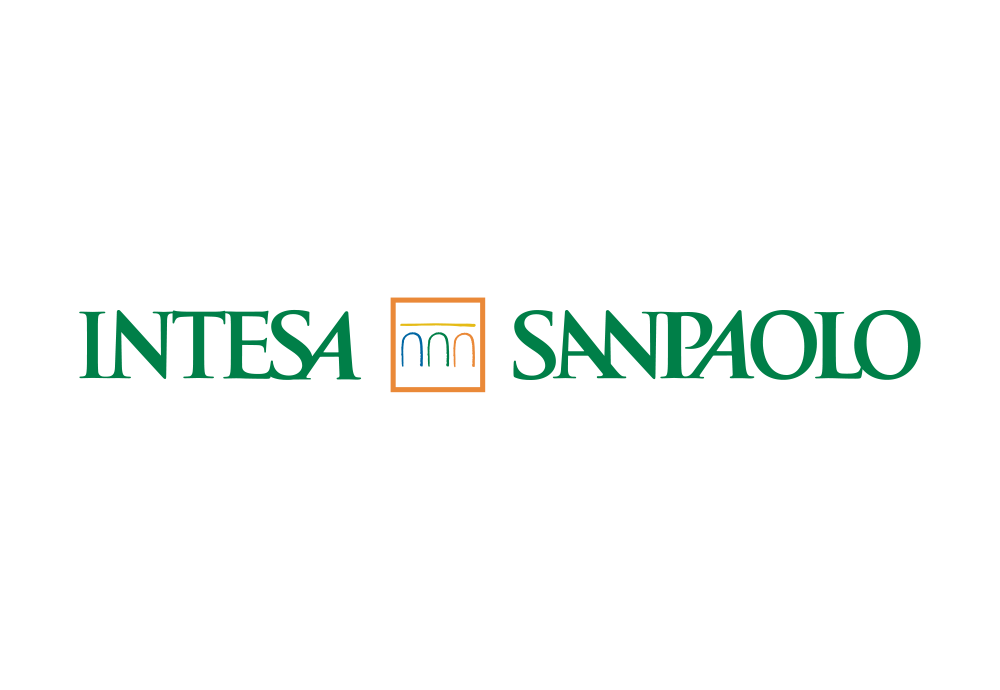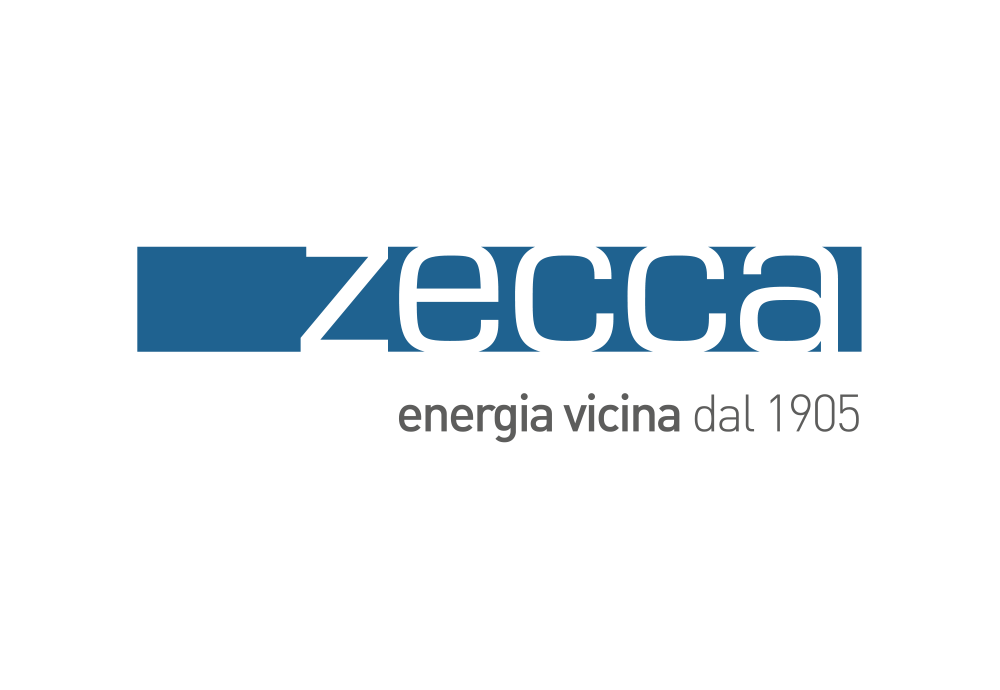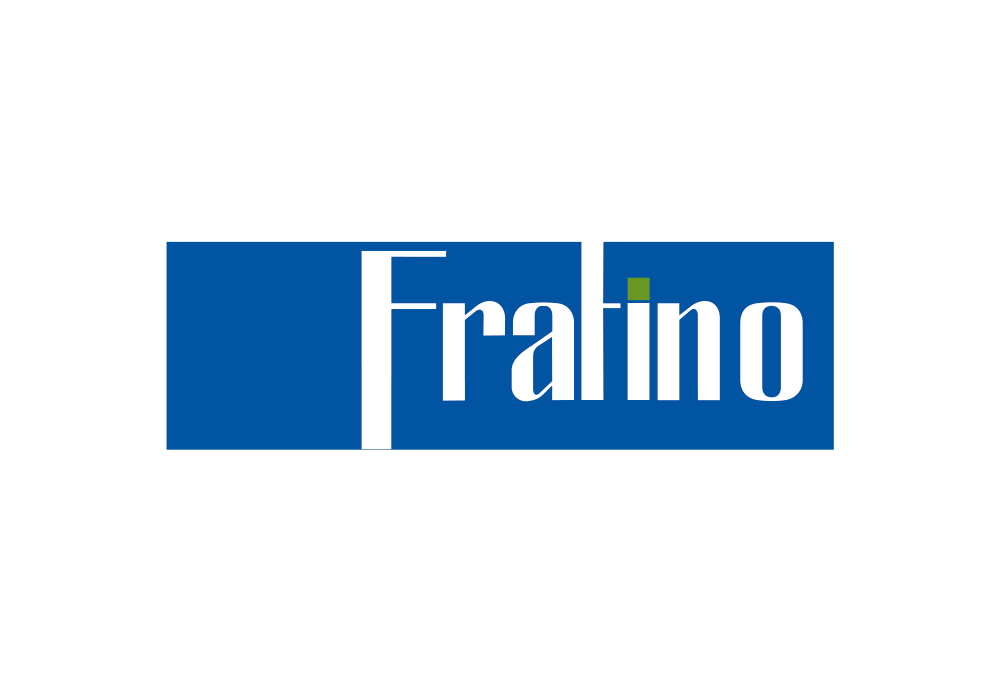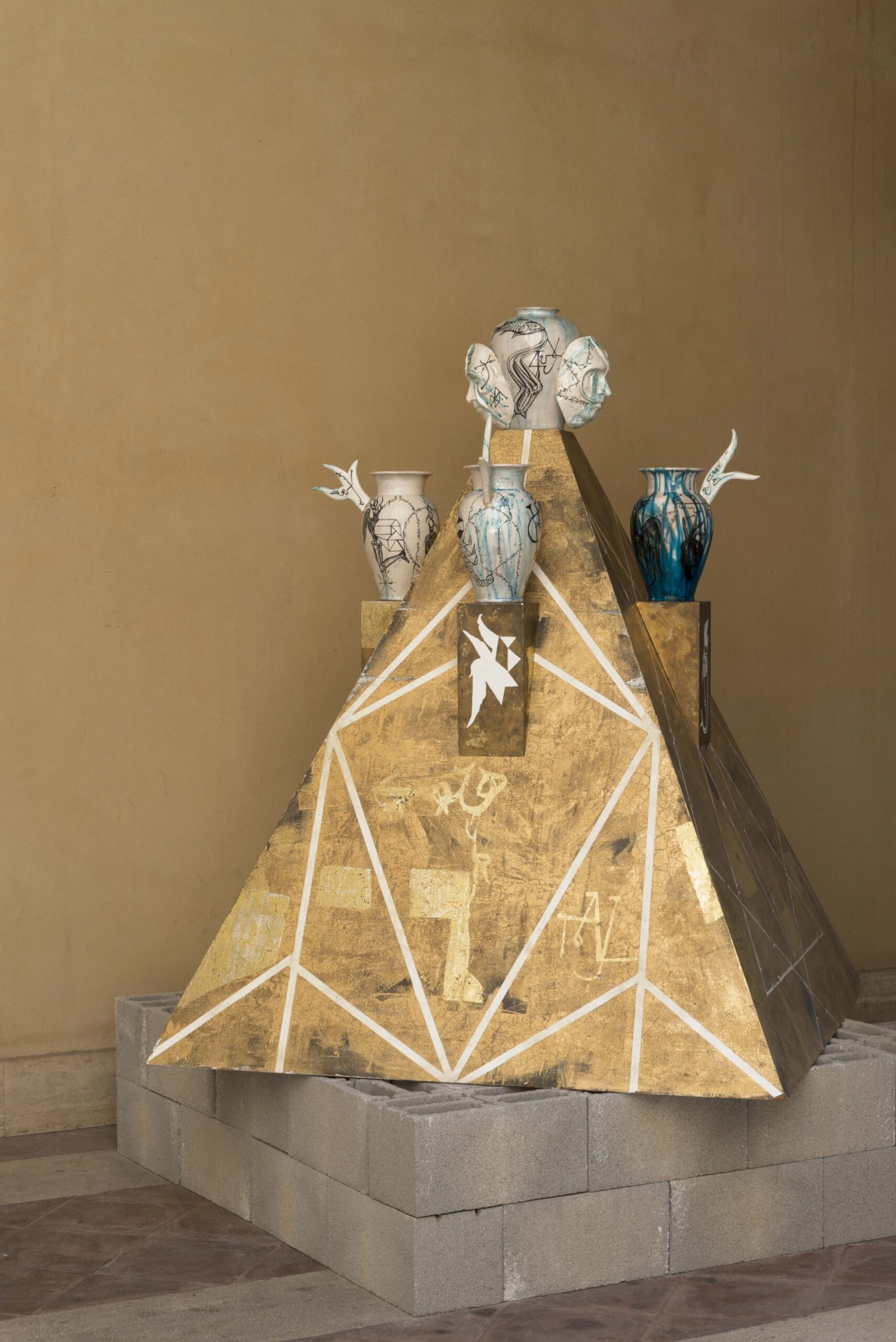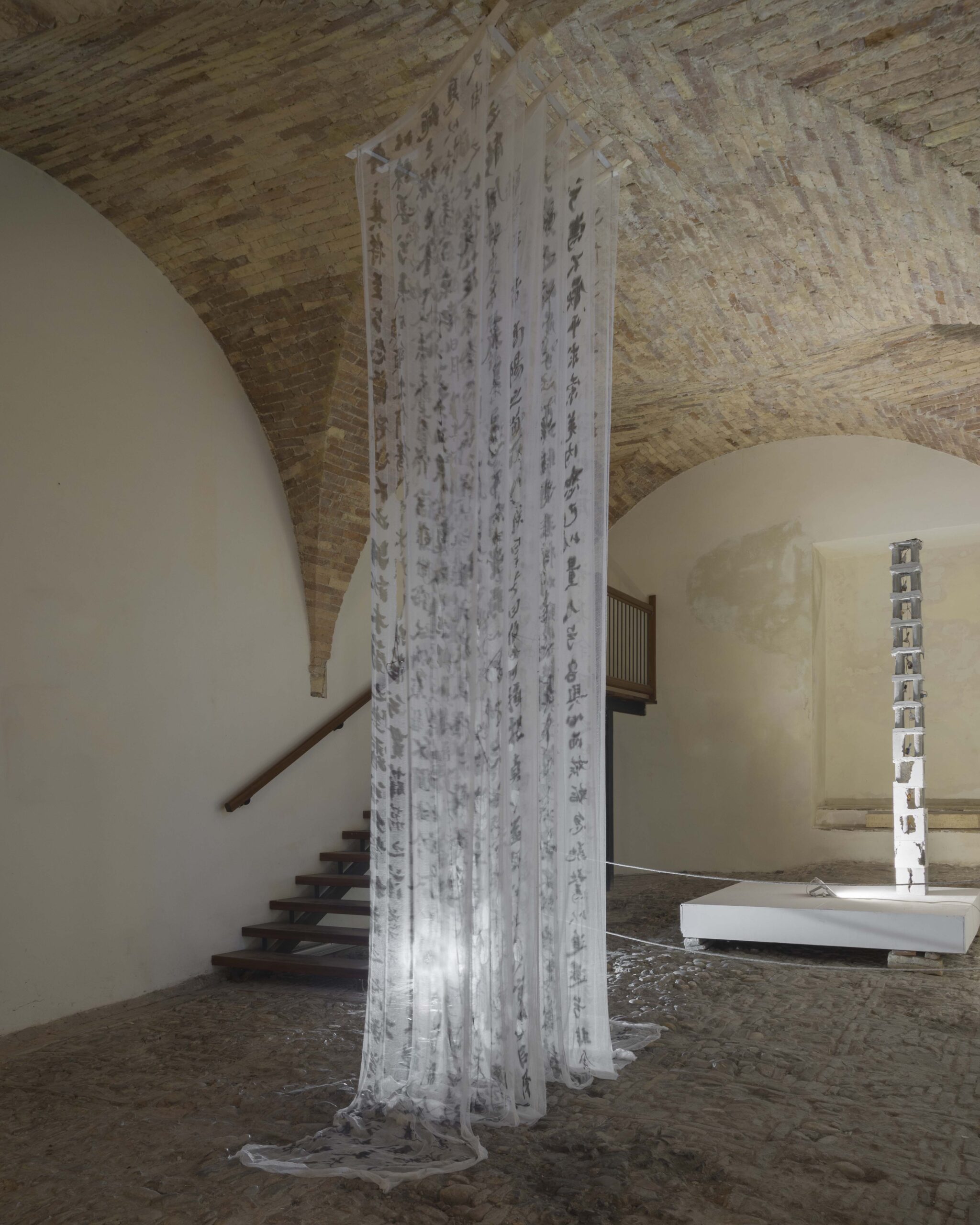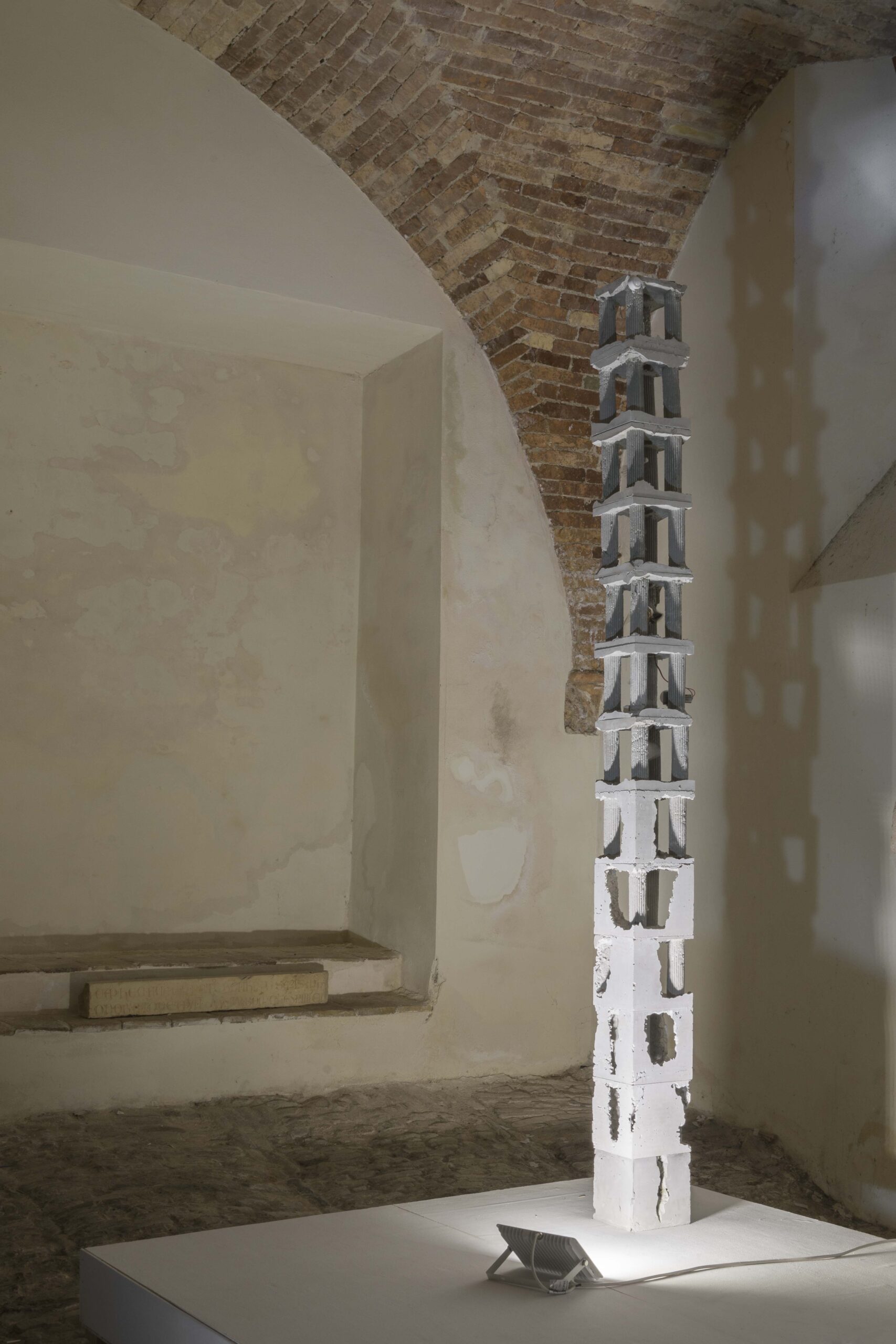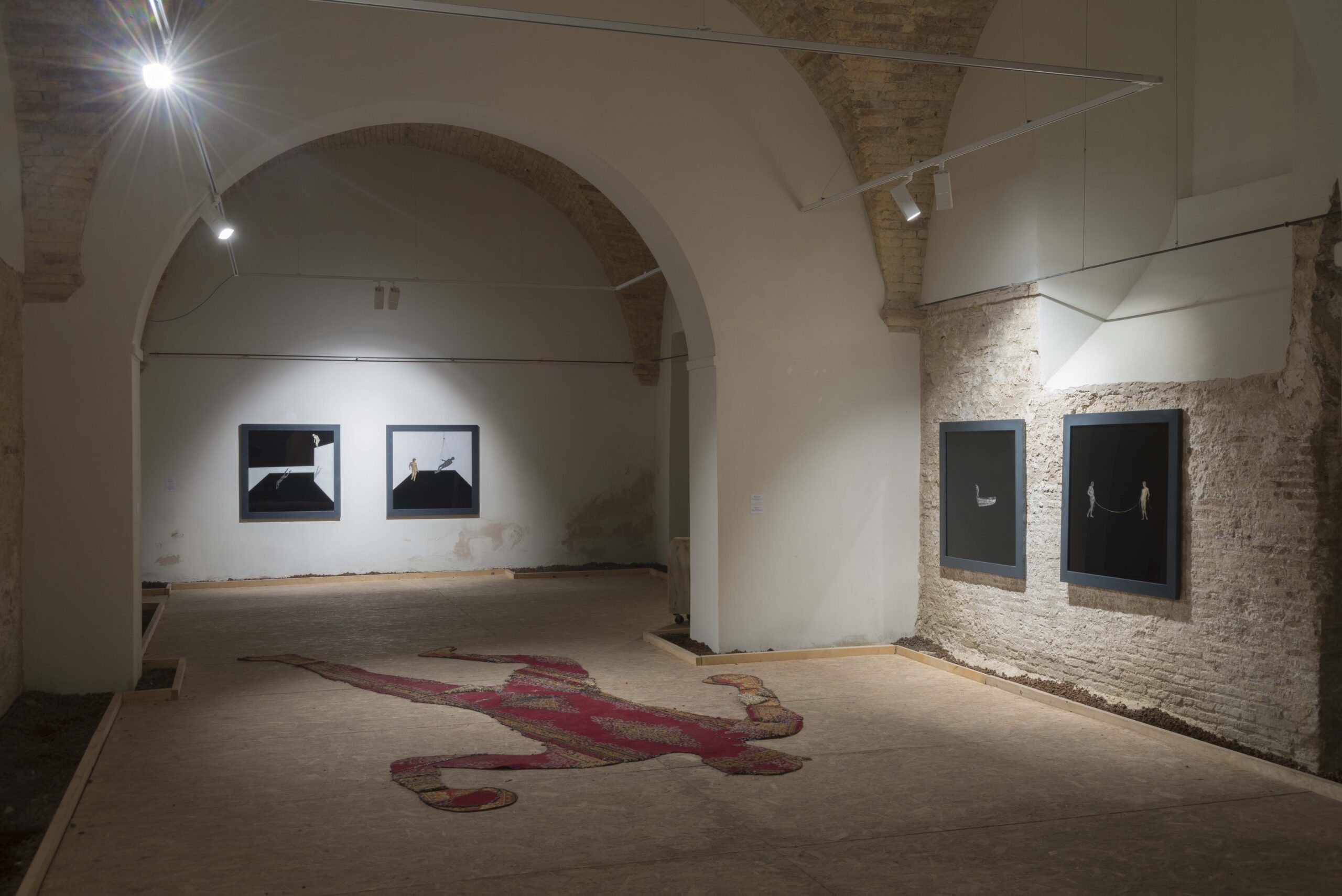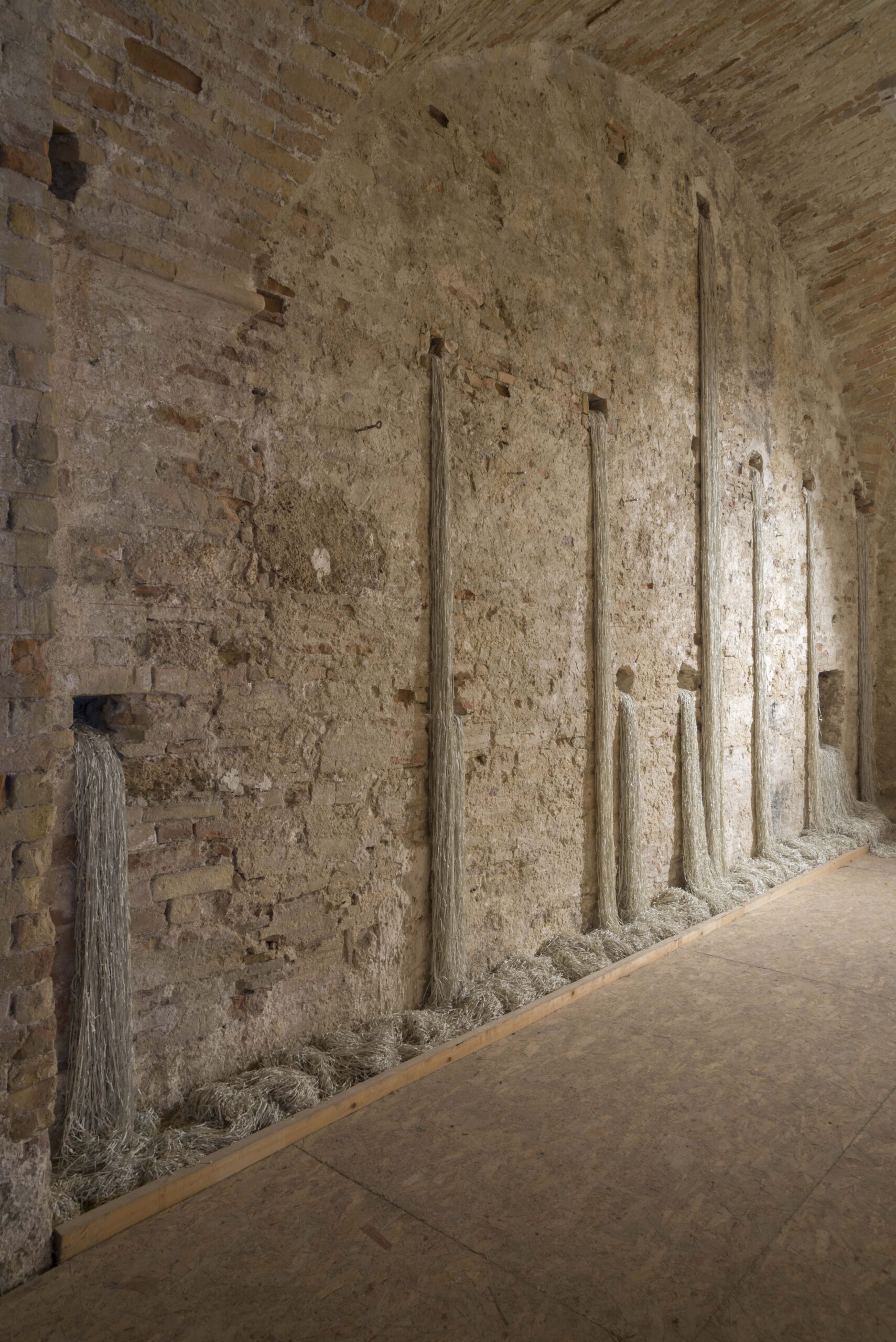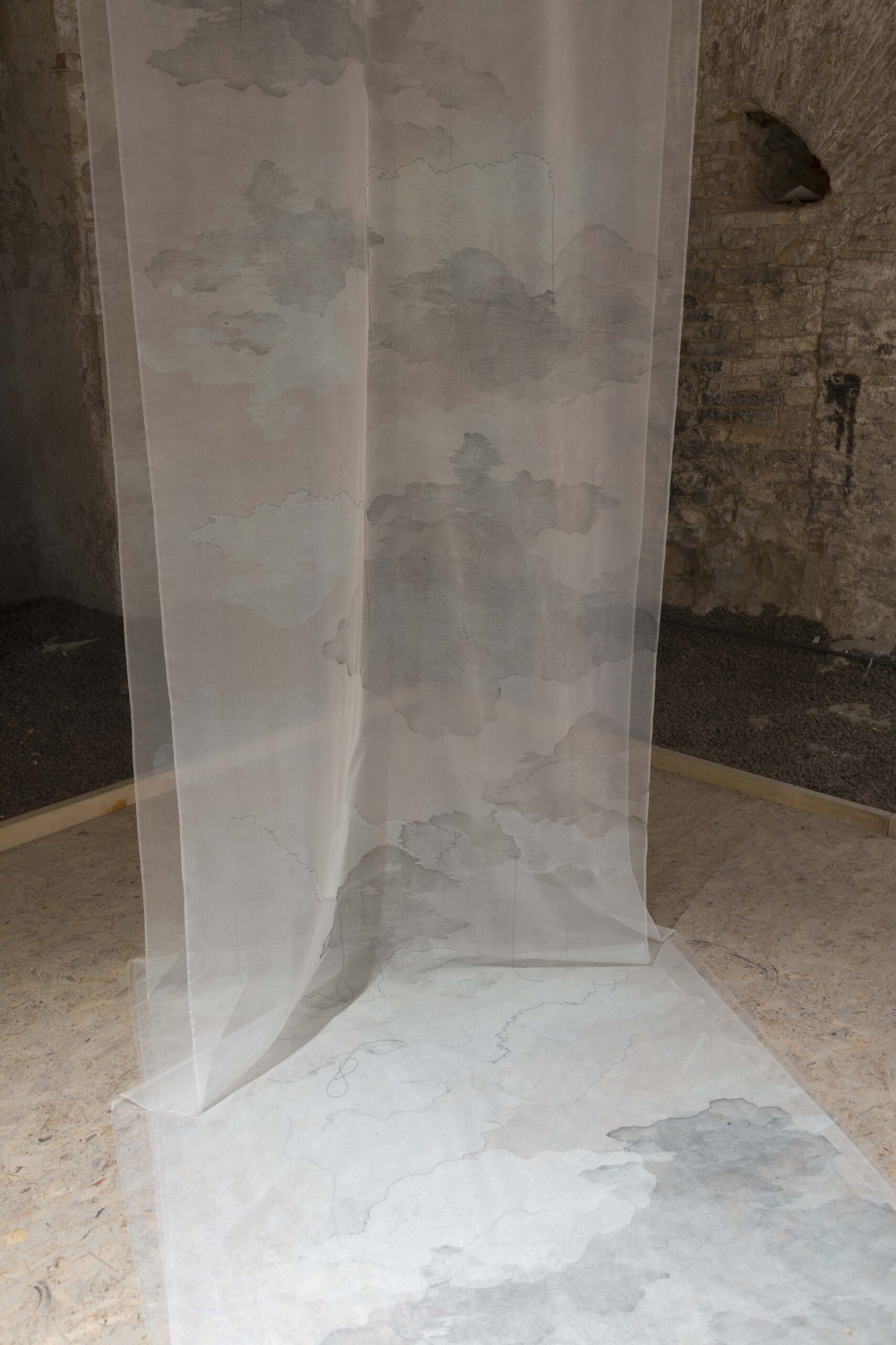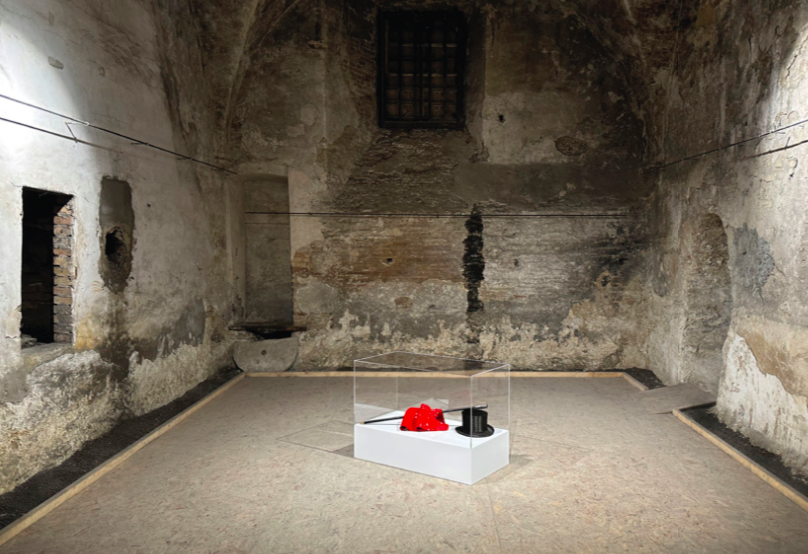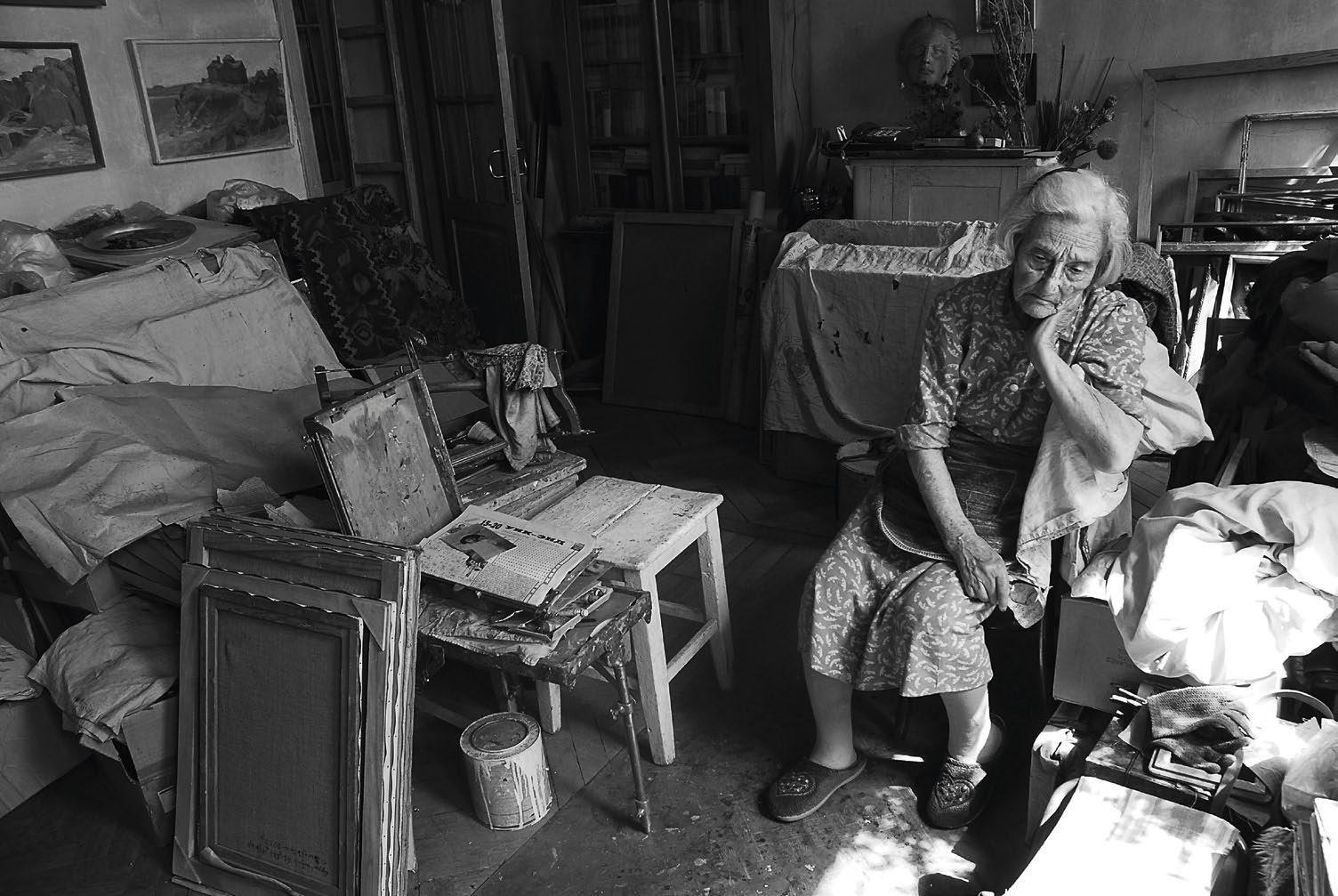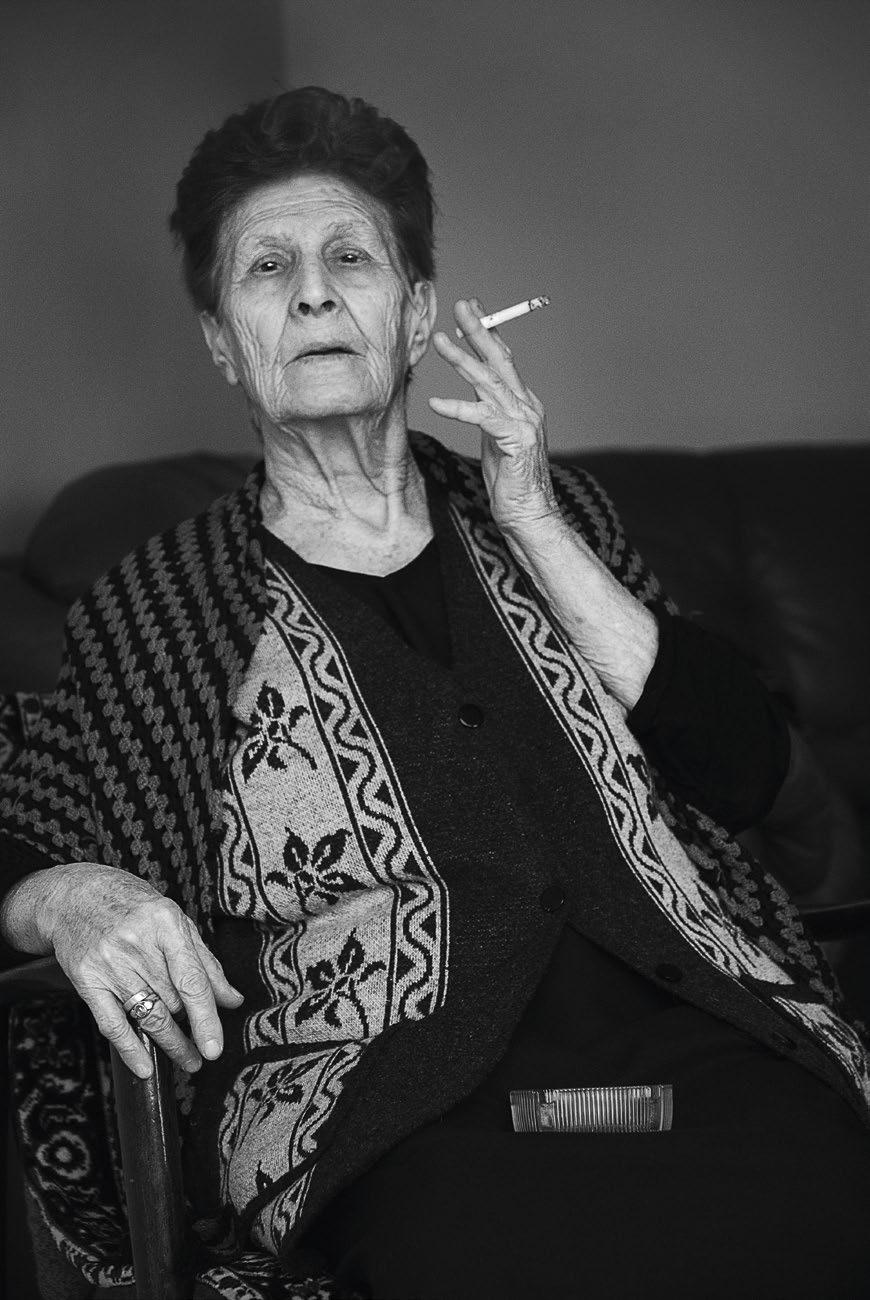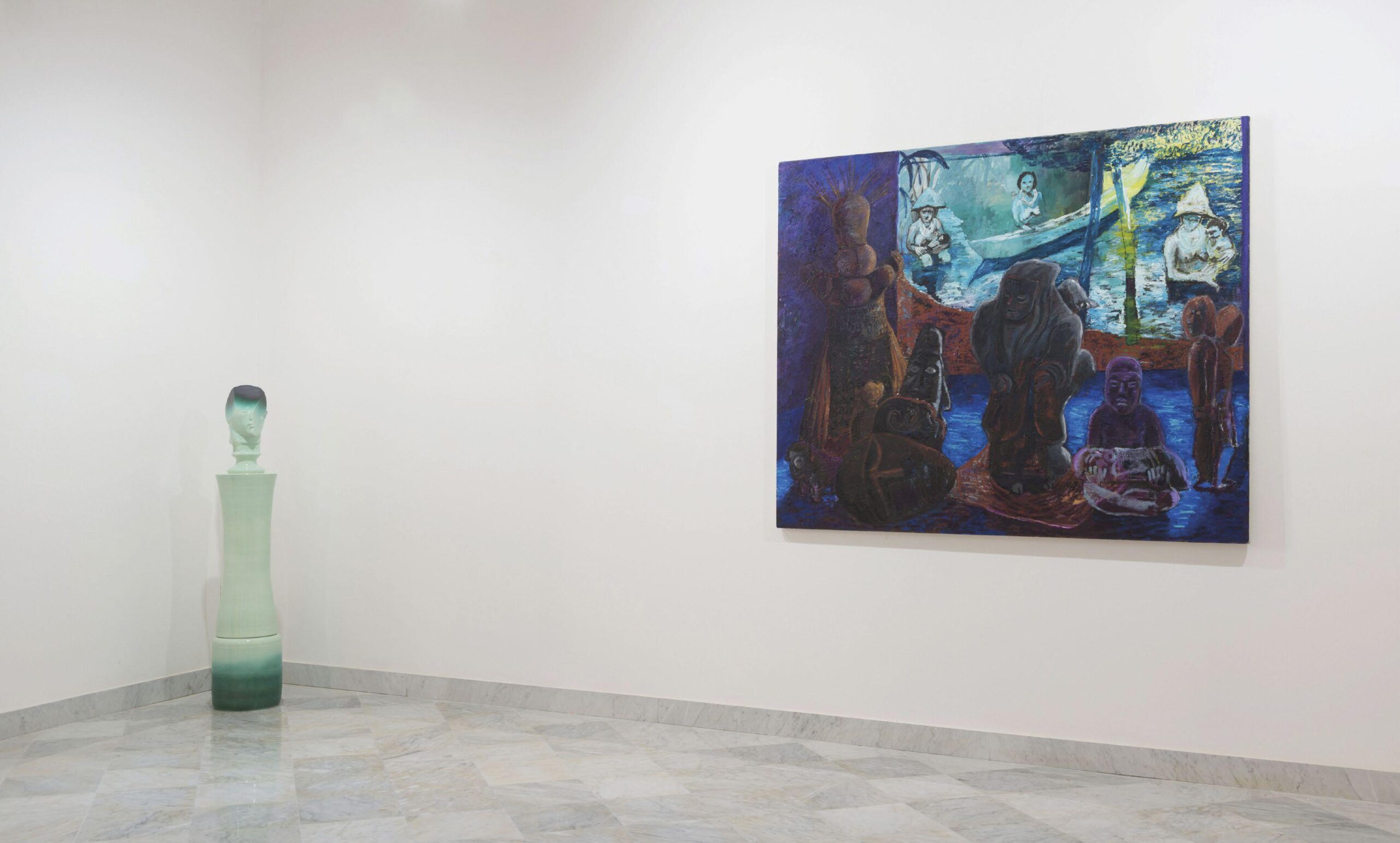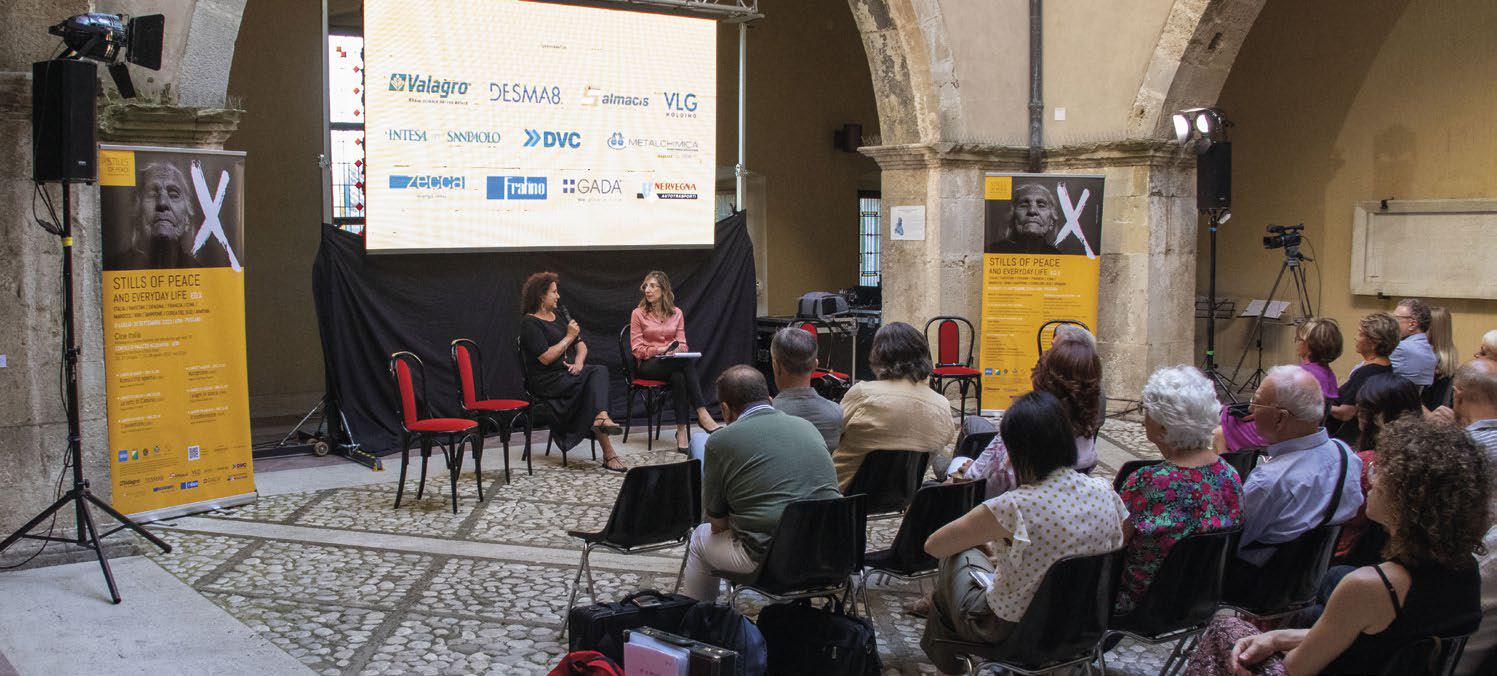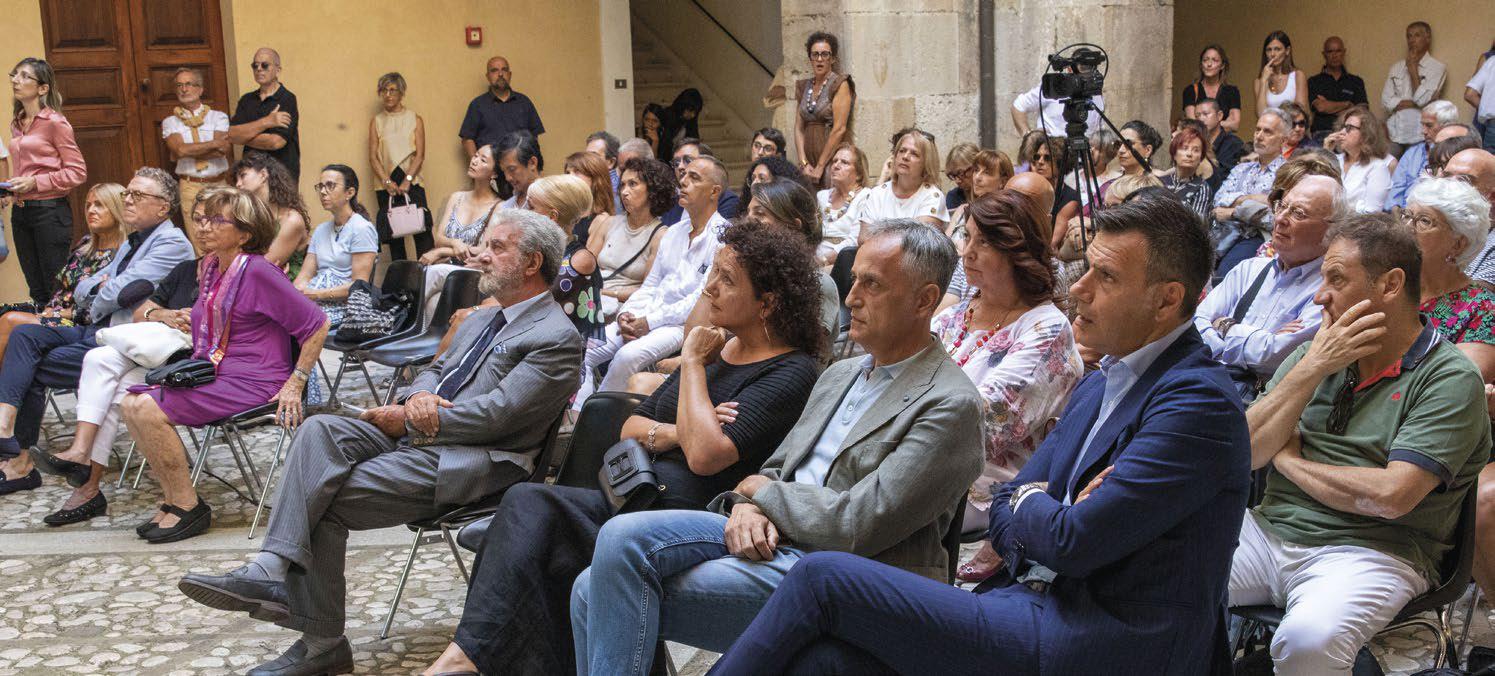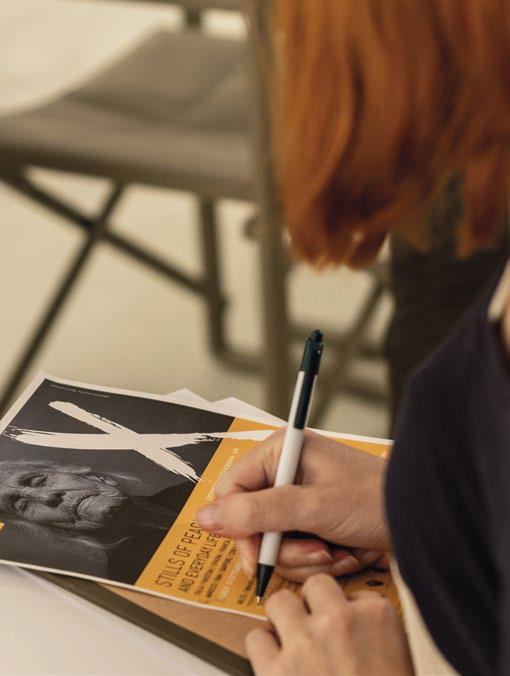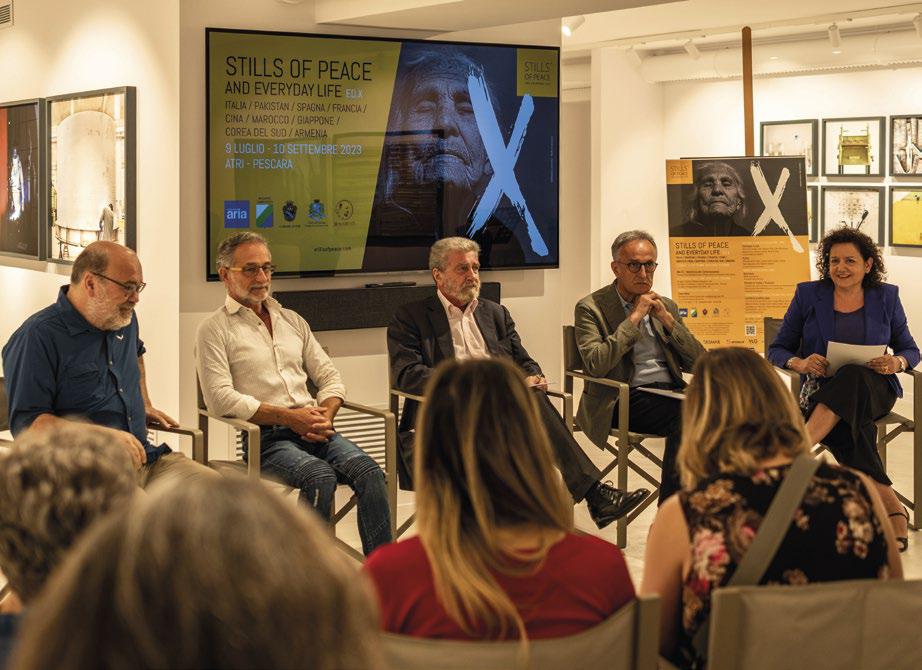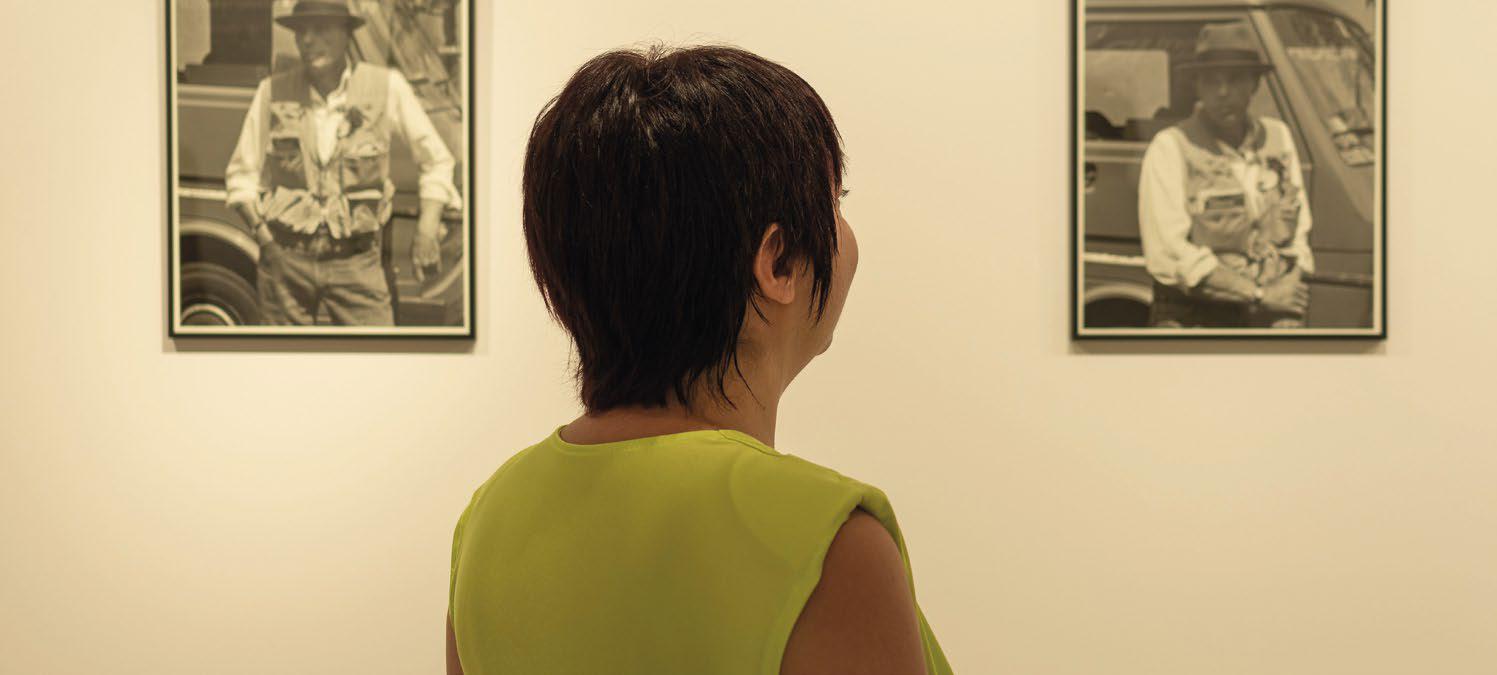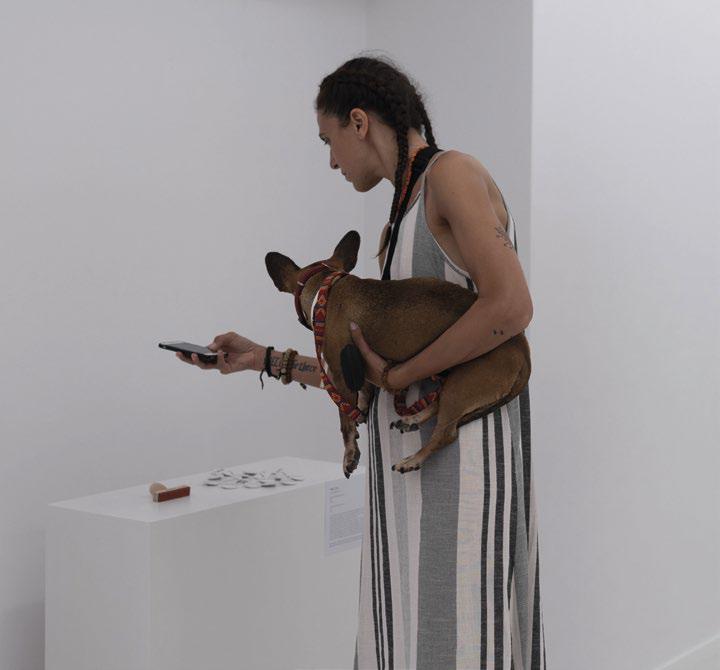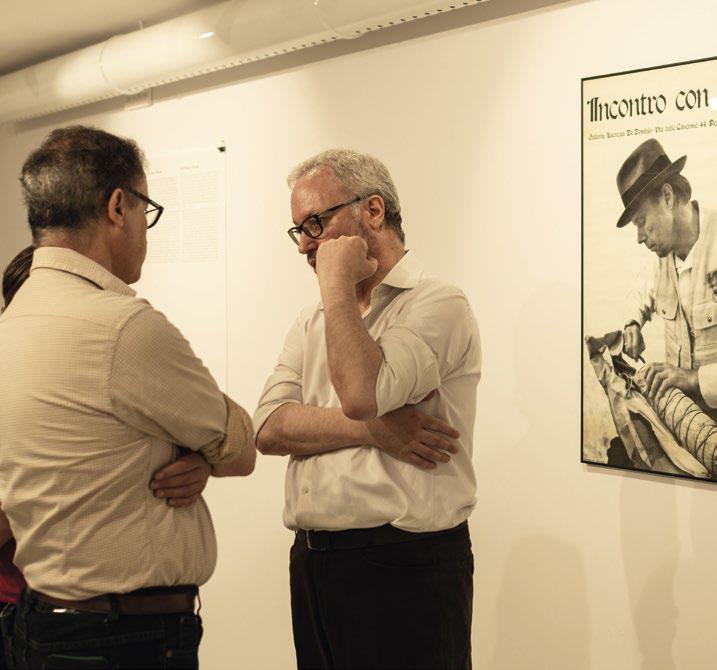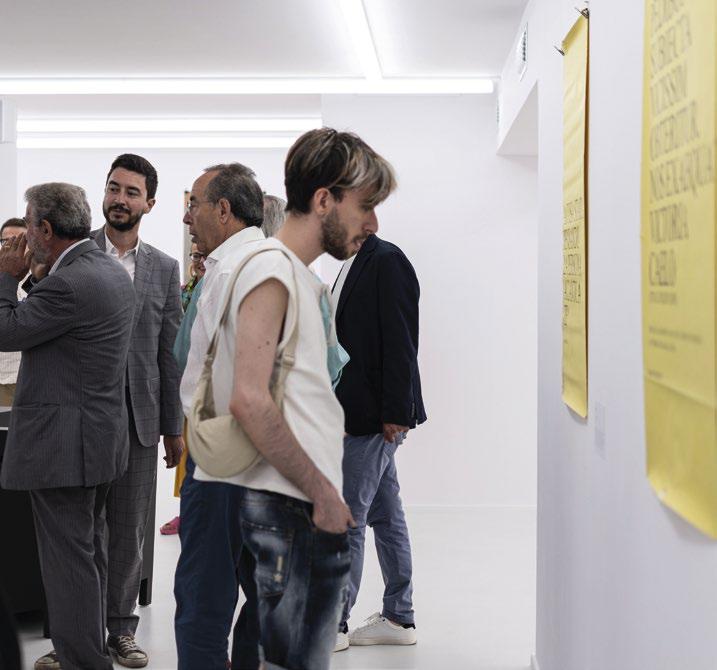STILLS OF PEACE
AND EVERYDAY LIFE Ed. X
Italy / Pakistan / Spain / France / China / IRAN / Marocco / Japan / South Korea / Armenia
Jul 8 – SepT 10, 2023 / ATRI (TE) – PESCARA


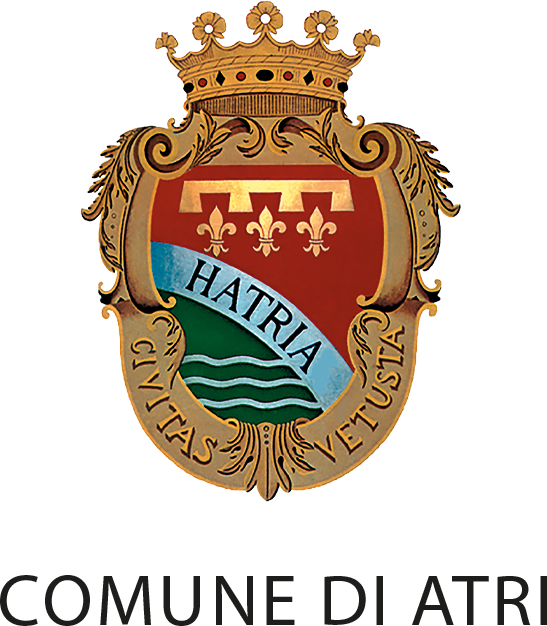

Stills of Peace and Everyday Life – Edition X
The X edition of the Review is a meeting with the 10 countries protagonists of Stills of Peace, starting from 2013, through the involvement of the Embassies and Institutions that have supported the project with their moral sponsorships: this is how we address Pakistan, Spain, France, China, Morocco, Iran, Japan, South Korea and Armenia.
Fondazione ARIA, renewing the decennial cooperation with the Municipality of Atri and Pescara, together with thirtysix artists, seven curators and three venues hosting five contemporary art exhibitions. Photography, sculpture, painting, performance, video-art, six o.v. film screenings and a cinema production portraying the history of the review.
Once again, the original spirit of Stills of Peace and Everyday Life achieves the purpose to make people open to differences and to the respect of diversity that comes from mutual knowledge through the shared humanistic and existential values that underlie every single Culture. Our globalized society is in need of a multicultural and inclusive vision, and contemporary art is a strategic trailblazer for a new vision of the world where East and West live together peacefully.
Giovanna Dello Iacono
Stills of Peace Director
PROGRAM:
MA.CO. / Maratona del Contemporaneo
JUl 8 06.00 PM / Atri
Duchi d’Acquaviva Square – Atri: Inauguration ceremony of Stills of Peace
Jul 9 06.00 PM Ore 18.00 / Pescara
Fondazione La Rocca | Volume per l’Arte – Pescara: Inauguration ceremony of Stills of Peace
Jul 10 09.00 PM / Atri
Duchi d’Acquaviva Square Court: Launch of Cine Italia and screening of “Roma città aperta” (1945) by Roberto Rossellini
Finissage Mostre Stills of Peace
SEPT 9 06.00 PM / Pescara
Fondazione La Rocca | Volume per l’Arte – Pescara: Stills of Peace exhibitions closing event
SEPT 10 06.00 PM / Atri
Municipal Theatre: Launch of ‘Voci di dentro. Still of Atri‘ short film by Dino Viani
Presentation of ‘Black Spring’, curated by Lavinia Filippi
MOSTRE:
Jul 8 – SEPT 10 2023
ATRI – 10.00 – 12.00 / 16.30 – 19.30 / 21.00 – 23.00 / Closed Monday morning
PESCARA – 10.00 – 12.00 / 18.00 – 22.00 / Closed Sunday and Monday
Cisterne di Palazzo Acquaviva – Atri
Whoever you are
Navid Azimi Sajadi, Jean Gaudaire-Thor, Liana Ghukasyan, Massimo Ruiu, Barbara Uccelli, Wang Youngxu
Curated by Mariano Cipollini
Five artists, four nations. Distant from each other for history, social political geographies, poetic narrations. Today, they are all here united by a single will: to let their art witness that cultural differences embody an essential value to be fathomed in order to strengthen the most noble and representative aspects of the human being in the flux of becoming. It is possible to use the might of each identitary artistic language here featured to try and affect the various souls of a deliberately disoriented society, ever more distant from an ecumenical sharing of everyone’s available wealth and values. And that’s how it is, whether we are talking about the tangibility of a physical space and its resources – the common patrimony that has to be indispensably distributed, in order not to allow a minority to rack it up – or the intangibility of free thinking, which favors diversified cultures and their free flow.
If supported by scrupulous inner search and intellectual honesty, each personal creative journey may help to instigate considerations to be assimilated and shared, as the necessary process to resume relational-cultural practices that would be independent from economic powers. Tolerance and knowledge would be then able to reinforce their boundaries, which find themselves now modified in substance by the action of an exclusionary globalization, where the value of a single community is essentially measured in numbers, monetized by definition. No special requirements are needed. Whoever we are, whatever knowledge we have, we can, if we want, open up with them, give and take what we need. We can reopen ourselves to a socializing chorality, making the creative gesture become the keystone to an inclusive language, in an effort to reverse the evident downward trend.
Cisterne di Palazzo Acquaviva – Atri
Purity
Mohammad Alì Famori, Jukhee Kwon, Ignacio Llamas, Kaori Miyayama, Gino Sabatini Odoardi
Curated by Antonio Zimarino
Purify the gaze, purify the form in order to get right to visual essences to be contemplated rather than intellectualized. The attempt to make judgements over a rationalistic approach comes from the search of those differences and oppositions that would concur at the generation of merely divisive interpretation patterns, if during the investigation process we lost sight of the sense of wholeness of things embedded in an artwork.
When opposition is not meant as a tool to understand what we see, it is likely to generate discord and conflict of ideas, positions and terms; whereas a pure eye is drawn to a pure form, to essentiality, circularity and reflection, and open references to concentric circles, and to concepts that reveal themselves rather than impose themselves.
Seeing in order to understand is kríno, a Greek verb of multiple meanings, and among them the main sense of ‘separate, distinguish, organize’, namely “see in a way different from judgement”, that is far from what we are used to dualistically consider. Understanding in meditation means to accustom to building bonds, to questioning them, and to harmoniously and progressively develop the comprehension of alterity. This is the non-violent gaze: understanding and not oppositional. The chosen artists live this purity; and through them we are taught to perceive it without denying the strains that inevitably dwell within the desire to feel it.
Museo archeologico – Atri
Survivors
Nazik Armenakyan
Curated by Paolo Dell’Elce
Survivors is a far-reaching photographic work about those among the victims of the Armenian genocide who survived. The project illustrates how photography plays an important role in the process of understanding the events of 1915 and how it impacts on individual identities. Starting from 2005 and for the following ten years, Nazik Armenakyan patiently built an archive of memory made of faces, places and testimonies, striving to give back to them that existential dignity that has been erased for long, together with giving voice to the victims. The photographer eventually managed to record the faces and the testimonies of forty-five survivors that were still living in Armenia. Physically conducting a census, a search for every single “survivor” has entailed a great moral and professional commitment over the years for Nazik Armenakyan thereby making her work stand today, both from a cultural and emotional point of view, as a great gift from the photographer to her people. The Survivors project represents the opportunity to recover the identitarian function of historical memory, which is eventually allowed to grow stronger and operate in the consciousness of every Armenian; but it is also and above all a noble act of civilization and compassion endeavoring to bring the stolen past (that the Turkish Government is still refusing to admit) back to an increasingly forgetful and indifferent present through the testimony, the offer of the pictured and exposed ‘resurrected body’ of the “survivor”.
Museo Archeologico – Atri
Polvere di stelle / Stardust
T-yong Chung, Sabine Delafon, Anna Galtarossa, Randa Maroufi, Aryan Ozmaei, Banafsheh Rahmani, Uzma Sultan
Curated by Eva Comuzzi
The idea of this Stardust exhibition originates in a hospital room. While experiencing the wait for something to be lost, and to be born again at once. The rebirth occurs elsewhere, in an unknown place. In the stars maybe, since we are all partly made of stardust, as the ancient civilizations and the native Americans taught us. The selected artists will cover therefore topics such as birth and death, the origins of humanity and its self-destruction, the concept of mask and transformation, and the lost relation with Nature and beauty. The struggle to shine. Through paintings, videos, sculptures and installations, the exhibition will deal with the concepts of metamorphosis and mask between Eros and Thanatos, of ruins, and also of totems. Of the rebirth of self, through another gender and identity.
Fondazione La Rocca | Volume per l’Arte – Pescara
Life is something else
Carla Accardi, Mirella Bentivoglio, Joseph Beuys, Daniel Buren, Gea Casolaro, Maurizio Cattelan, Giuseppe Chiari, Daniela Comani, Claire Fontaine, Ketty La Rocca, Lucia Marcucci, Elisa MOntessori, YOko Ono, Cesare Pietroiusti, Lamberto Pignotti, Vettor Pisani, Cloti Ricciardi, Luca Vitone
Curated by Simone Ciglia
Life is something else presents a distinctive focal point of research within Gianni and Giuseppe Garrera’s collection: art when it develops into poetic struggle, need for freedom, disobedience, social intervention and participation. This exhibition displays a varied set of media, such as posters, flyers, photographs, postcards, books and records realized from the late 1960s to present by Italian or Italy-based artists. Often extra-aesthetic, fast, fragile, light, able to slip through the net of control, these forms allow artists to perform a more profound and courageous action as part of the collective consciousness and awareness about global issues. Operations that are mainly conceived as gifts, not meant for commercial purposes, indifferent to Economy and Accounting.
The exhibition focuses in particular on 1970’s decade, as the phase when change do happen, bearer of revolutionary instances such as feminism and ecologism, and on its legacy in art over the last twenty years. The urge to give voice to these ideal strains leads to the experimentation of various operational strategies to be applied on public spaces which include leafleting, putting up posters and infiltrating in commercial systems: “Special exemplars of art, poetic acts, many a time on the sidelines, off the comforting and shielding network of museums, exhibitions and galleries, led among men and things, to draw attention, to speak out about their obstinacy to speak, to intensify listening, to spot every form of power and every abuse of power, or just to feel free. Traces then, signs and signals of freedom, where art becomes able to unravel certainties and conventions, possibly reporting neglected realities of disadvantage.” (Gianni and Giuseppe Garrera)
CINEMA:
Cortile di Palazzo Acquaviva – Atri
Cine Italia
Curated by Pino Bruni and Dino Viani
JUL 10, 17, 24 / AUG 7, 21, 28 2023 – 21.00

Monday 10 July – 09.00 PM
Rome, Open City (1945) by Roberto Rossellini
It is a 1945 Italian neorealist war drama film directed by Roberto Rossellini and co-written by Sergio Amidei, Celeste Negarville and Federico Fellini. Set in Rome in 1944, the film follows a diverse group of characters coping under the Nazi occupation, and centers on a Resistance fighter trying to escape the city with the help of a Catholic priest. The title refers to Rome being declared an open city after 14 August 1943.
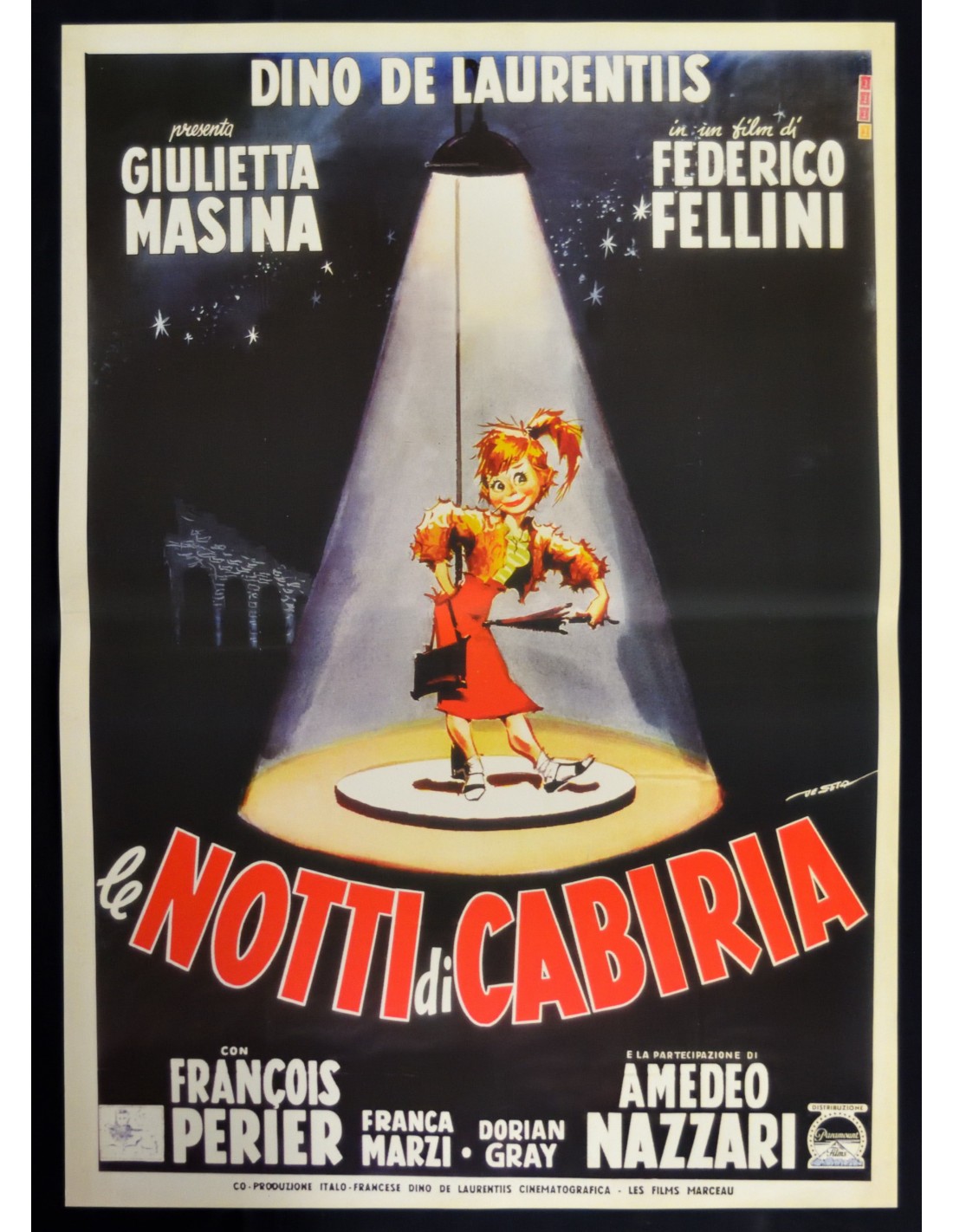
Monday 17 July – 09.00 PM
Nights of Cabiria (1957) by Federico Fellini
It is a 1957 drama film co-written and directed by Federico Fellini. It stars Giulietta Masina as Cabiria, a prostitute living in Rome. The cast also features François Périer and Amedeo Nazzari. The film is based on a story by Fellini, who expanded into a screenplay along with his co-writers Ennio Flaiano, Tullio Pinelli and Pier Paolo Pasolini.
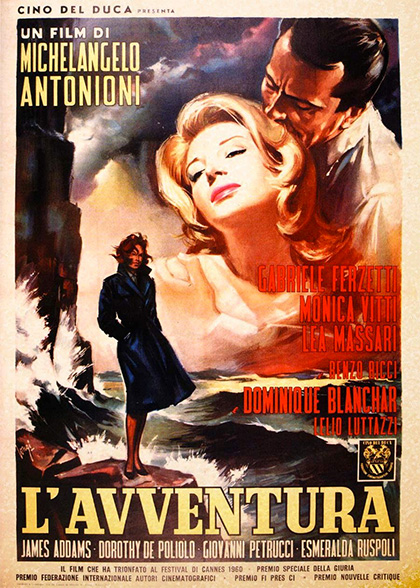
Monday 24 July – 09.00 PM
The Adventure (1960) by Michelangelo Antonioni
It is a 1960 Italian drama film directed by Michelangelo Antonioni. Developed from a story by Antonioni with co-writers Elio Bartolini and Tonino Guerra, the film is about the disappearance of a young woman (Lea Massari) during a boating trip in the Mediterranean, and the subsequent search for her by her lover (Gabriele Ferzetti) and her best friend (Monica Vitti).
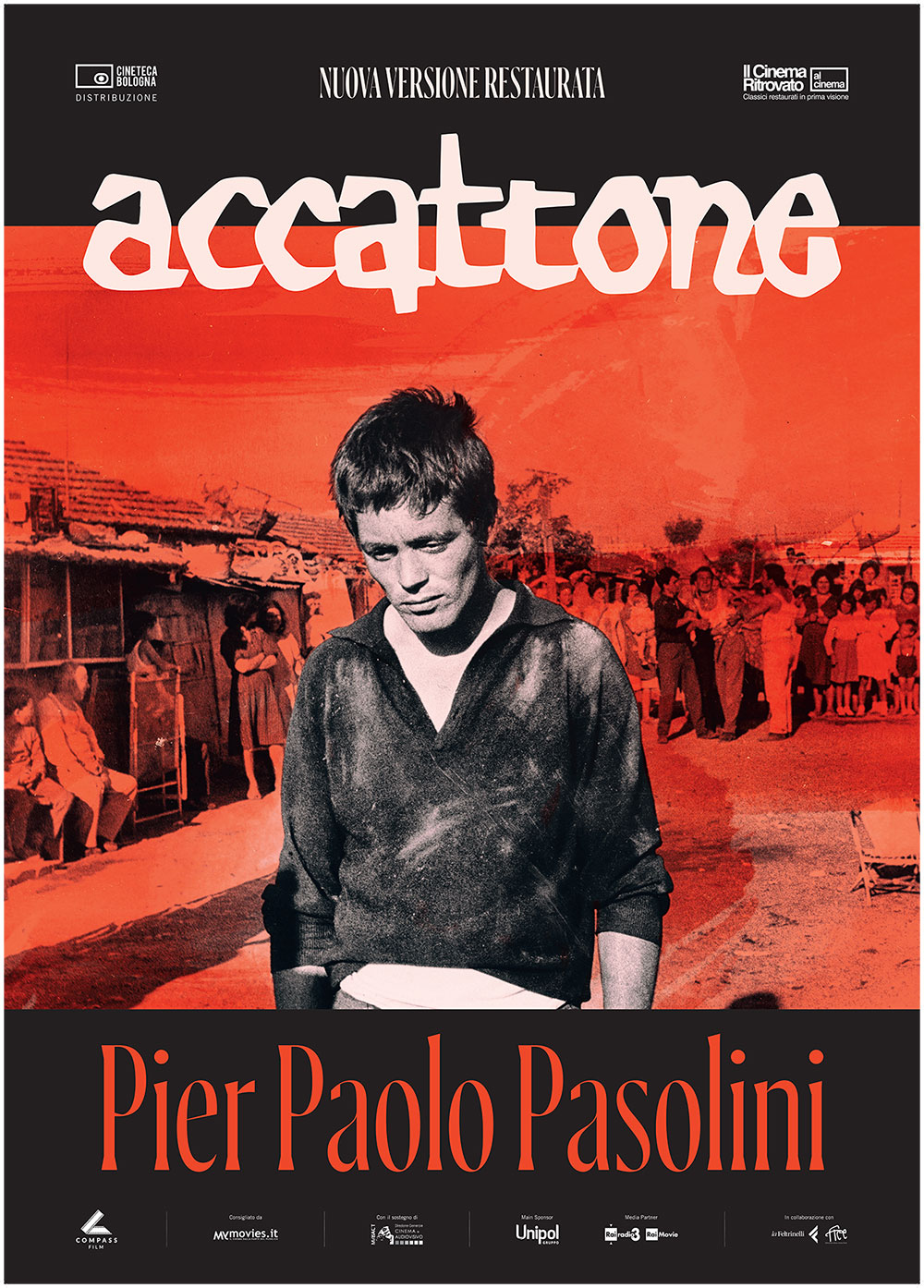
Monday 7 August- 09.00 PM
Accattone (1961) by Pier Paolo Pasolini
Vittorio, nicknamed “Accattone”, leads a mostly serene life as a pimp in the outskirts of Rome until his prostitute, Maddalena, is hurt by a rivaling gang and sent to prison for false testimony. Finding himself without either a steady income or much inclination for working himself, he first tries to reconcile with the estranged mother of his child, but is driven away by her relatives. He meets simple working girl Stella and tries to lure her into prostituting herself for him. She is willing to try, but when her first client begins pawing her she cries and is thrown out of his car. Accattone tries to support them both as an iron worker, but gives up after one day. Following a dream of his own death, he goes stealing with a couple of friends and gets killed in a traffic accident when he tries to evade the police on a stolen motorcycle.
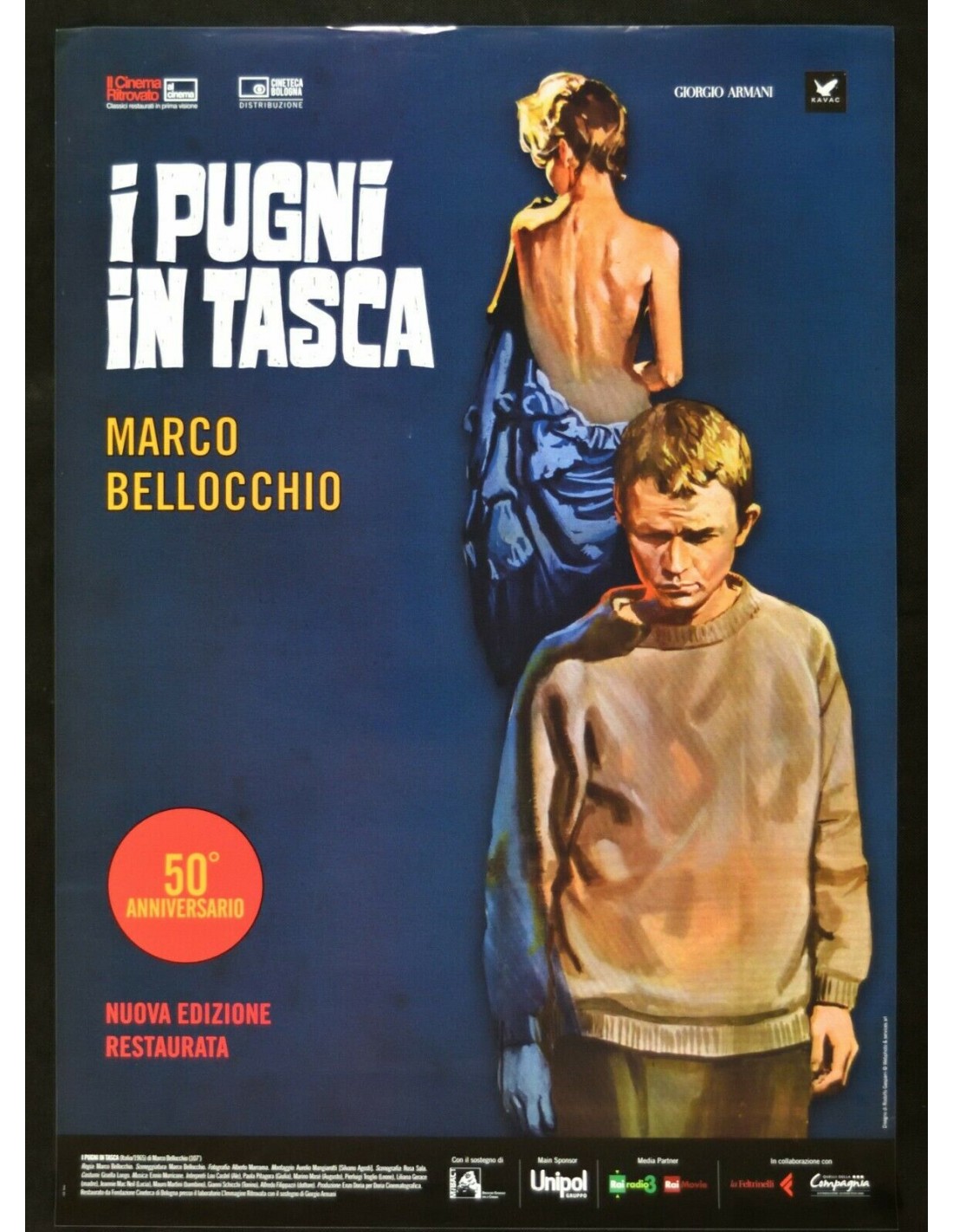
Monday 21 August – 09.00 PM
Fists in the Pocket (1966) by Marco Bellocchio
It is a 1965 Italian psychological drama film written and directed by Marco Bellocchio, his directorial debut. A dark satire of family and social values, the film centers on a young man suffering from epilepsy (played by Lou Castel in his film debut) who plots the murders of his dysfunctional family. Fists in the Pocket was controversial upon initial release, embraced by some critics while condemned by others in the Italian filmmaking establishment. It was a significant sleeper hit and has since developed a strong following, embraced as a landmark work for the country’s cinema.
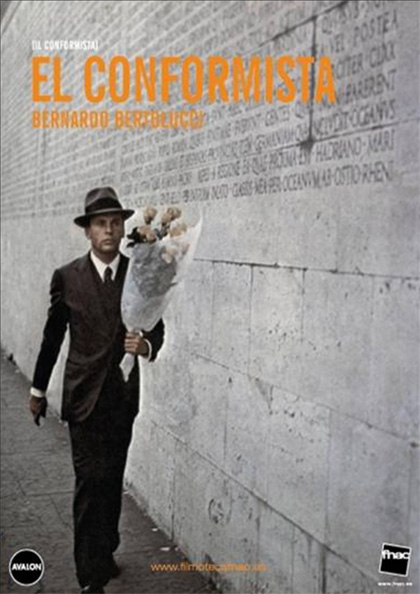
Monday 28 August – 09.00 PM
The Conformist (1970) di Bernardo Bertolucci
The Conformist is a 1970 political drama film written and directed by Bernardo Bertolucci, based on the 1951 novel of the same title by Alberto Moravia. It stars Jean-Louis Trintignant, Stefania Sandrelli, Dominique Sanda and Gastone Moschin. Set in 1930s Italy, The Conformist centers on a mid-level Fascist functionary (Trintignant) who is ordered to assassinate his former professor, an antifascist dissident in Paris. His mission is complicated after he begins an affair with the professor’s wife (Sanda).

Stills of Peace and Everyday Life
A RESEARCH INTO THE SENSE OF CONTEMPORANEITY
A project by:




With the High Patronage of Abruzzo Region and:
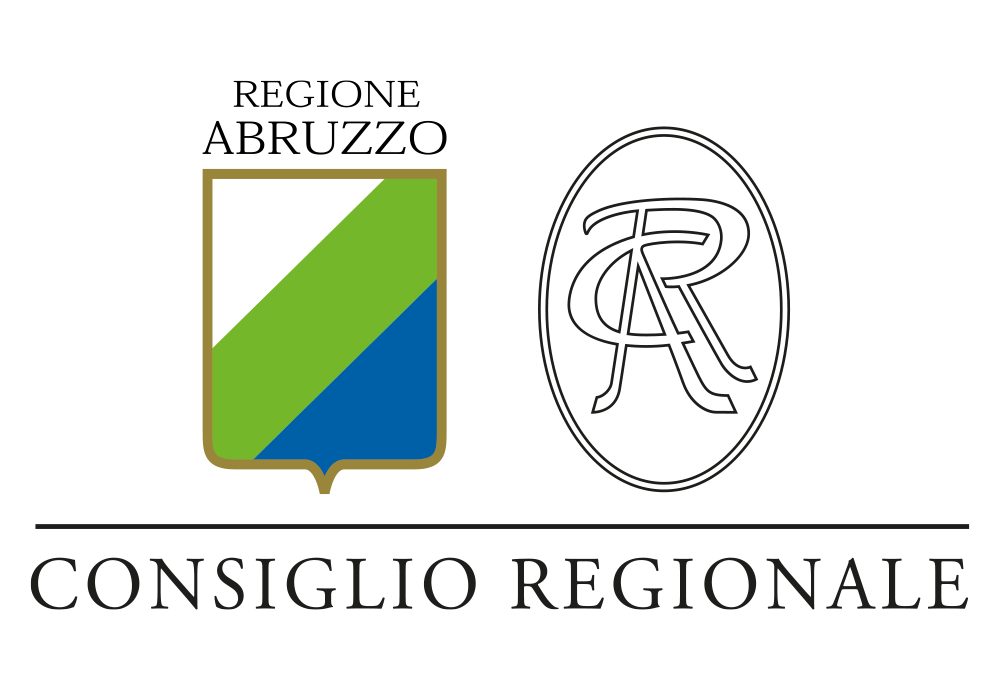
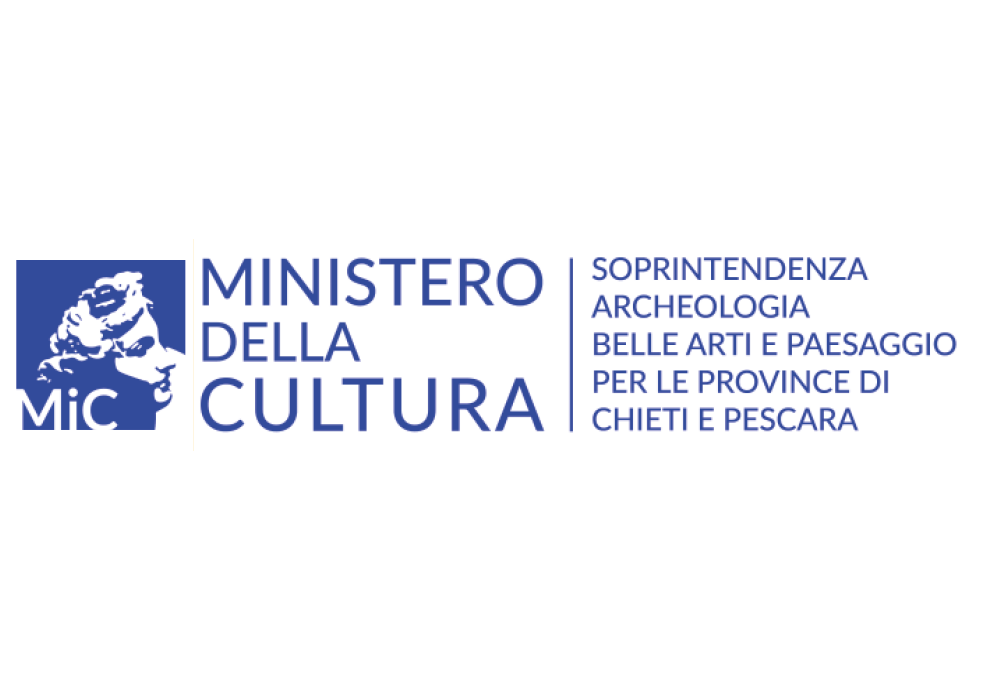
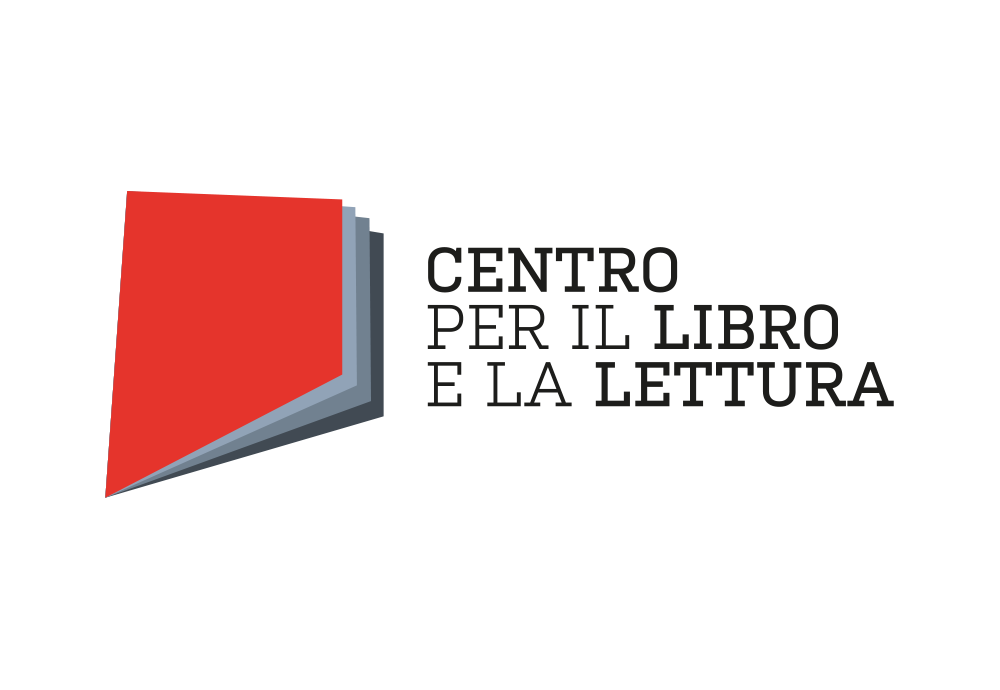

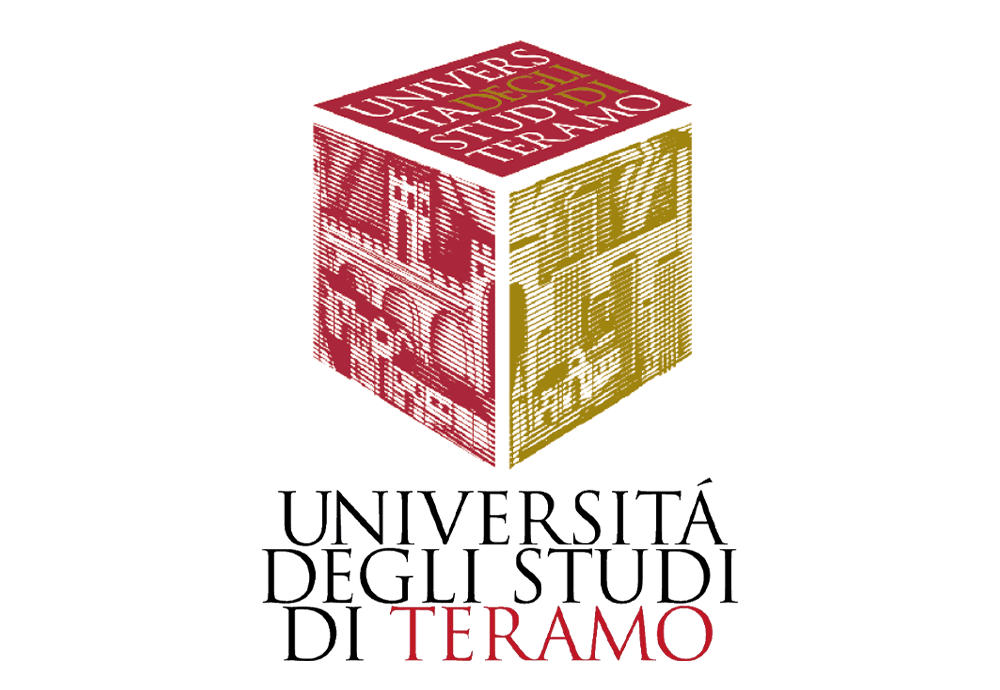
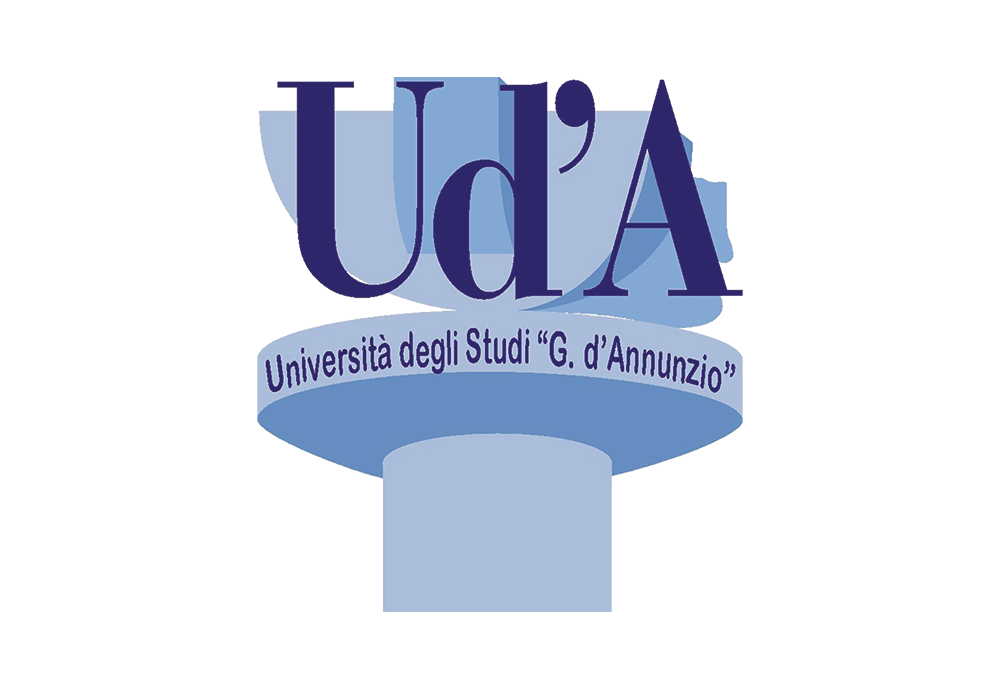
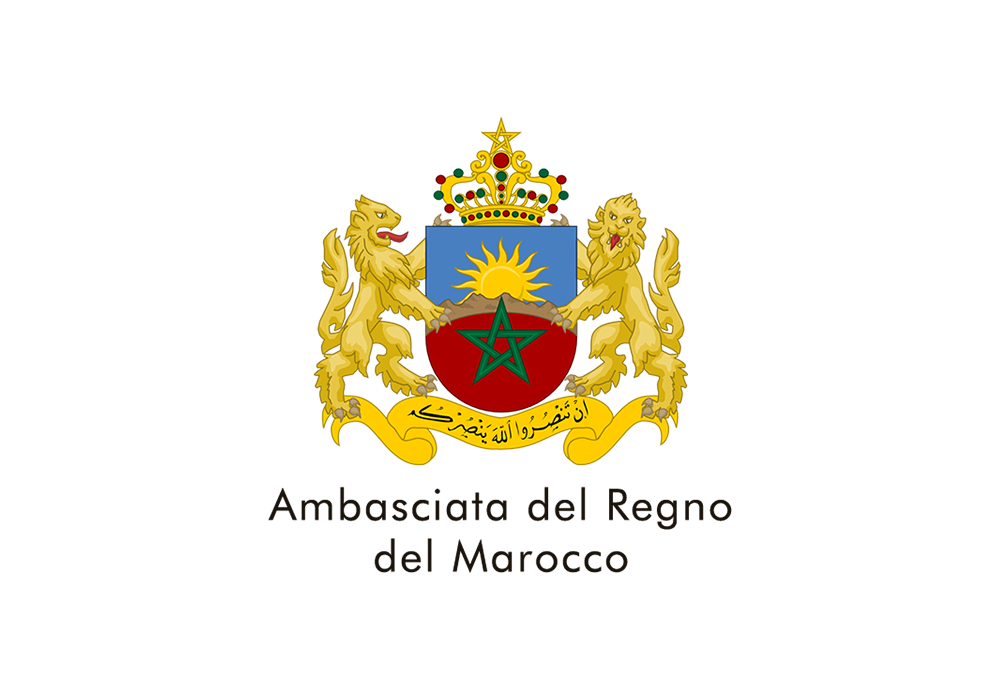

Sponsored by:




